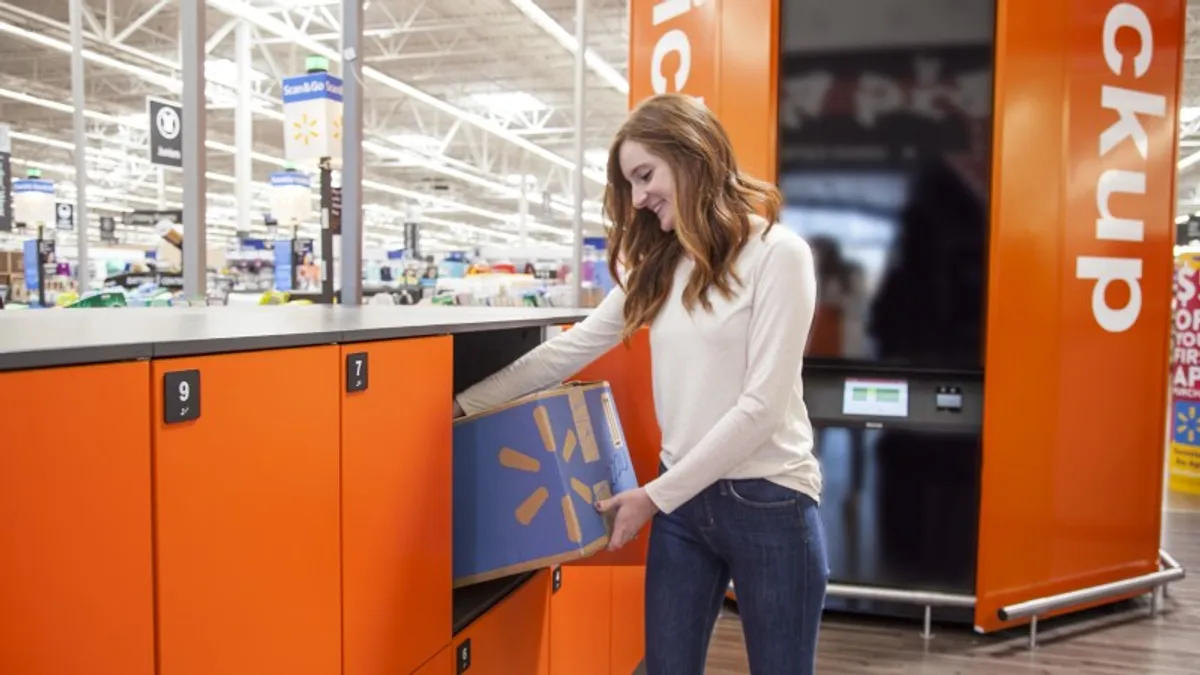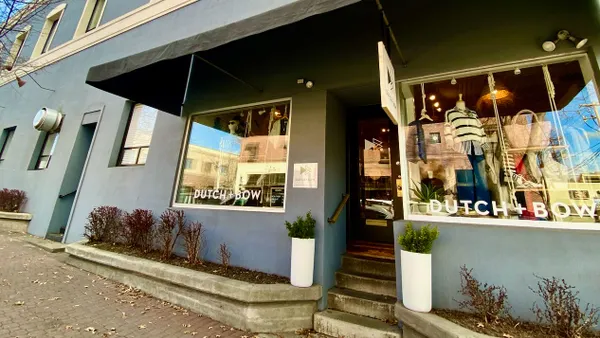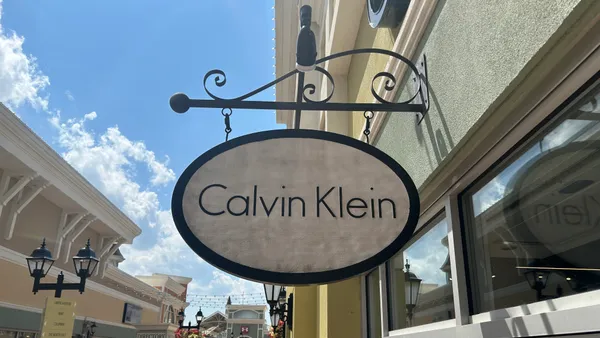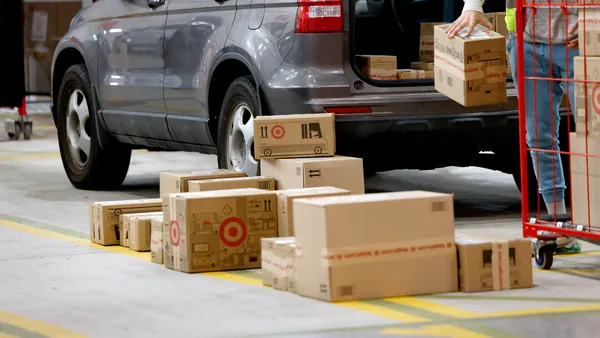Dive Brief:
- Retailers are investing in omnichannel strategies for a number of reasons, including customer acquisition, cost efficiency and to gain a competitive advantage, according to a 2019 Shopgate report emailed to Retail Dive. Half of the respondents to Shopgate's survey said mobile shopping apps are a top priority in their omnichannel plans, and 45% said mobile points of sale as another high priority within their future omnichannel strategies.
- The report also indicated 46% survey respondents said clienteling, the practice of tracking clients' sizes, style preferences, wish lists, previous purchases and other shopping habit indicators, ranks in their top three preferred technologies, a sign the practice will continue in the future. Forty-three percent of respondents also said they're interested in using tablets, smartphones and computers for clienteling apps and programs.
- Sixty-one percent of surveyed retailers indicated the buy online, pick up in-store model (BOPIS) and the buy online, return in-store model (BORIS) are at a critical part of their omnichannel strategies. Shopgate researchers also found 90% of retailers are expected to offer these options within the next two years, according to the report.
Dive Insight:
As the report makes clear, retailers are attempting to reach consumers across more platforms, and adopting the BORIS and BOPIS strategies are ways for retailers to stand out among lagging competitors. Because consumers don't always receive the right goods when online shopping, it's crucial that retailers provide seamless BOPIS and BORIS experiences.
According to another report earlier this year by Doddle, more shoppers are using BOPIS and BORIS options when online shopping, and half of them are deciding where to shop based on whether they can pick up in store. Additionally, 85% of shoppers surveyed said they made additional in-store purchases while visiting stores to pick up what they already bought online.
A BOPIS retail strategy offers a win-win for retailers and shoppers. For stores, it brings in sales and foot traffic, and consumers can get their goods faster without paying additional shipping fees. Shopgate's report made some suggestions as to how stores can improve its BOPIS and BORIS rollout, including installing a drive-up option for BOPIS shoppers and storing receipts with return details on the retailer's mobile app to speed up the returns process. "Think of the returns process as a critical touchpoint to take advantage of consumers heightened attention to create an opportunity to re-engage and upsell," the report stated.
This past holiday season revealed shoppers were increasingly engaging in BOPIS services to streamline processes and to avoid long lines, with Adobe Analytics citing the 2018 season as the largest BOPIS year on record. "In that last-minute crunch they have a lot more confidence if they purchase an item and know where they can go pick it up rather than rely on logistics to make that last mile," Jason Woosley, vice president of commerce at Adobe, said in an earlier interview with Retail Dive. Additionally, a report by GPShopper detailed that 53% of people surveyed identified waiting in line to be the most stressful part of holiday shopping, and that consumers wanted to utilize mobile tools to ease in-store experiences for faster checkout and to find items.














